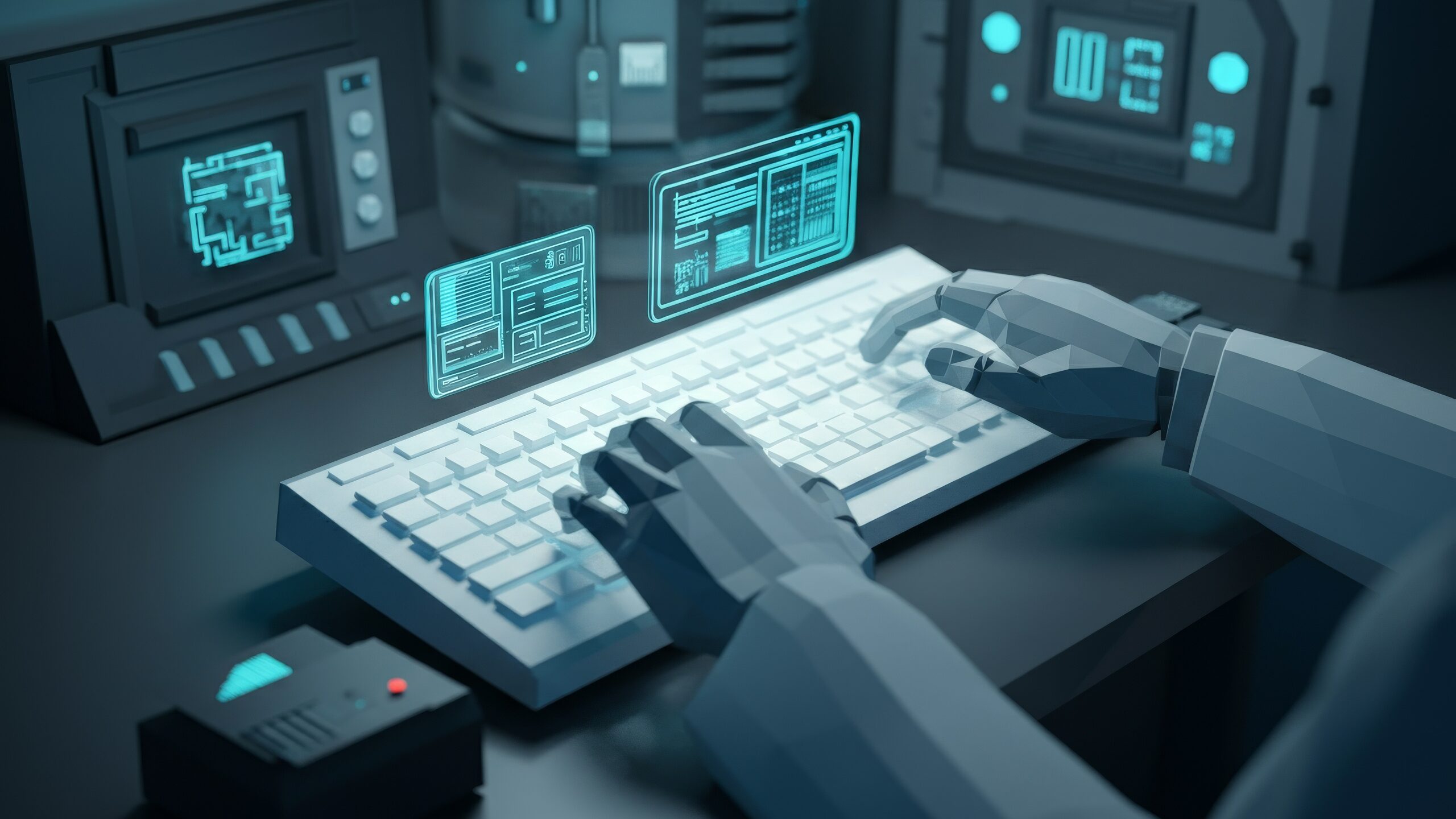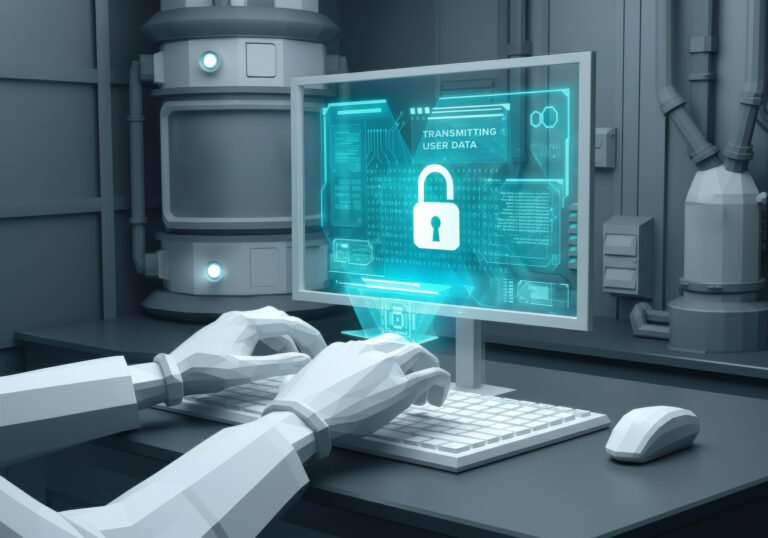A Modern Challenge in Privacy Litigation
In recent lawsuits under California’s Invasion of Privacy Act (CIPA) and similar statutes, courts have been asked to decide whether websites “listen in” on users as they type. At the center of these disputes is a seemingly simple but powerful piece of code: the JavaScript event listener.
Event listeners are fundamental to how websites function, yet they also sit at the core of many wiretapping claims. Research analyzing more than 15,000 websites shows that over 91% deploy event listeners, with third-party scripts responsible for the majority of implementations. For attorneys litigating privacy cases, understanding how these listeners work—and how they capture user data—is critical to building a legal argument.

Why This Matters for Attorneys
Wiretapping statutes hinge on when and how data is intercepted. Event listeners raise several key legal questions:
- Did interception occur before consent was given?
- Was the data captured in real time during transmission, or only upon submission?
- Did the data flow to third-party services without the user’s knowledge?
The answers to these questions often determine whether a wiretapping claim succeeds in court.
Case in Point: Javier v. Assurance IQ, LLC
A recent Ninth Circuit decision illustrates why timing of consent is a critical issue in wiretapping litigation. In Javier v. Assurance IQ, LLC, the court held that retroactive consent is invalid under CIPA—users must give consent before interception occurs. The ruling highlights the legal risks of technologies like third-party session replay software, which can begin recording keystrokes before a user has meaningfully agreed.
Technical Foundations of Event Listeners
Our experts break down the critical software issues at the heart of wiretapping claims:
- Timing of Listener Installation – Event listeners may activate the moment a page loads, or only after a user interacts. If keystrokes are captured before consent, liability risk increases.
- Real-Time Capture vs. Submission – Some systems capture keystrokes as they occur, others buffer and transmit them, while others wait until form submission. Real-time capture strengthens claims of interception during transmission—a key statutory requirement.
- Third-Party Scripts – Many websites use analytics or session replay services that monitor keystrokes. When these third parties receive data, liability may extend beyond the website operator.
Expert Perspective: Jason Frankovitz on Event Listener Analysis
To move from technical theory to courtroom evidence, expert investigation is essential. Jason’s experience underscores the importance of detailed forensic work in establishing the scope and timing of data collection.
“In my work on CIPA, BIPA, and WESCA cases, I’ve seen that many disputes hinge on the behavior of event listeners—they are often the central question,” says Jason Frankovitz, Senior Testifying Expert at Quandary Peak Research.
“The key is understanding not just that the code exists, but how it operates in real time—whether it captures keystrokes, buffers them, or only records after submission. That distinction can make or break a wiretapping claim.”
How Experts Investigate Wiretapping Claims
When retained in these cases, technical experts use a range of methods to document whether event listeners capture and transmit user data:
- Source Code Analysis – Examining JavaScript code—including obfuscated or minified files—to identify listener installation and data capture logic.
- Network Traffic Analysis – Capturing HTTP/HTTPS requests to show whether keystroke data is transmitted to remote servers during typing, not just after form submission.
- Browser Instrumentation – Using modified browsers to observe how event listeners register, trigger, and transmit data across different websites.
These methodologies provide attorneys with concrete, admissible evidence that helps courts understand whether “interception” occurred under the law.
Translating Technology for the Courts
Even the clearest technical findings must be explained in legal terms. Expert witnesses bridge this gap by:
- Demonstrating how event listeners differ from traditional form submission mechanisms.
- Showing the real-time nature of data capture, often in ways judges and juries can easily visualize.
- Addressing defense claims that data collection is justified by business needs or generic privacy policies.
The goal is not only to prove technical facts but to tie them directly to statutory requirements of interception and consent.
Key Takeaways for Attorneys
- Event listeners are ubiquitous but can create significant privacy liabilities depending on their implementation.
- Real-time interception of keystrokes is often decisive under CIPA and related wiretapping statutes, as in Javier v. Assurance IQ.
- Third-party involvement complicates liability and broadens the scope of potential defendants.
- Expert testimony is essential to connect technical evidence with legal arguments.
Our experts investigate event listener implementations, document how data is captured, and deliver testimony that makes technical findings clear and persuasive in court—reach out to start building your case today.
Get Started








